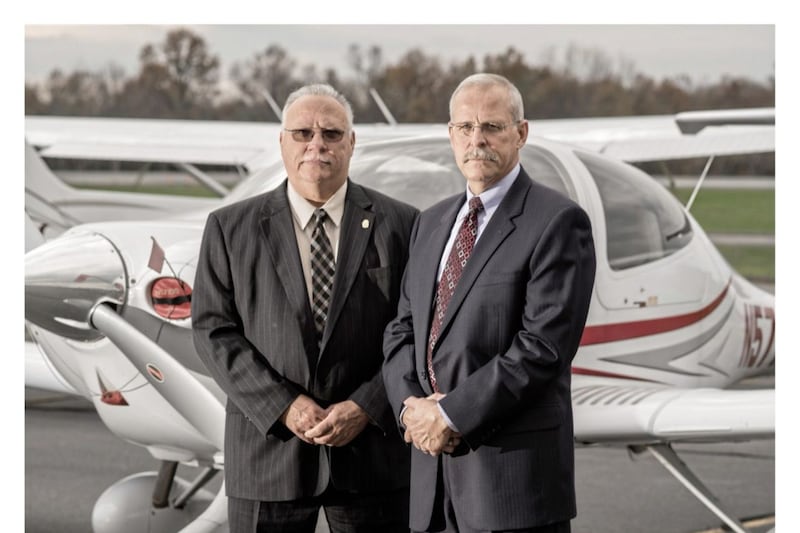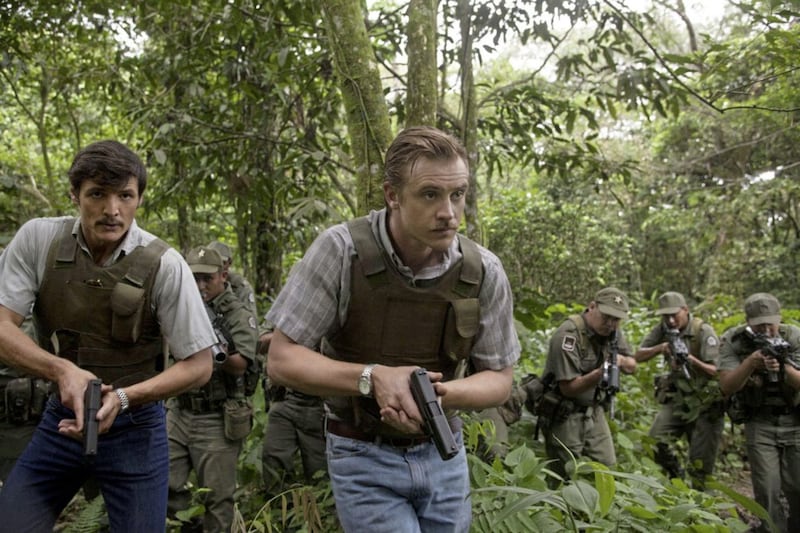YOU'VE OPERATED IN COUNTER-NARCOTICS BEFORE. WHY DID YOU WANT TO INVESTIGATE THE OTHER SIDE OF THE TRACKS?
I was genuinely interested in going back and meeting people on both sides of the fence and understanding their psyche and what they thought about people like myself. We're meeting law enforcement and the authorities, the side I used to be on – but are they like me? Do they experience the same emotions?
YOU TRAVEL TO MEXICO, PERU AND COLUMBIA. HOW DID YOUR TIME IN THOSE COUNTRIES COMPARE?
They're all sketchy, because we're going in to look at an organised criminal industry. But Peru's poor, it's very rustic and they've got a very naive attitude to what happens within the drug world outside of their country. Mexico was by far the edgiest, the scariest. You're very aware of how dangerous these people are – but they were also in control, so as long as you didn't do anything wrong, you were all right. Colombia's cartels are more grown-up, but so are law enforcement and the authorities. They're a little less incorruptible at the tactical level.
YOU'RE MEETING THE KIND OF GANGSTER YOU WERE ONCE SENT TO 'TAKE OUT'. WAS IT TOUGH TO BE OBJECTIVE?
I'm interested in the people and I'm not going out there to judge anyone. They're in their circumstances for lots of different reasons, some out of their control. I mean, I probably would have judged [them] if they'd started killing me, but we were there to document who these people are, what makes them tick, why they do what they do, and what industries they're part of. So for me it was easy to separate.
HOW DID IT COMPARE TO YOUR TIME IN AFGHANISTAN, FOR EXAMPLE?
It's different. That's a war-fighting scenario. I'm in a team of guys, I've got my own weapons, they've got their own weapons, I'm trained, I know they're trained; we all know each other and we're there to back each other up. So, yes, it can be scary over there, but you know you can handle yourself. This is completely different. It's not a war zone, but you are very aware of how fragile you are. The only thing you can rely on is your character and the fact you need to remain switched on and not make any mistakes.
YOU'VE BEEN TRAINED TO KEEP CALM IN VOLATILE SITUATIONS. HOW DID THIS TRANSLATE TO YOUR TIME WITH THE CARTELS?
You have to remain calm. You can take two or three seconds to be like, 'Ah, right, that's not good, that's not what I want to see', but it is what it is and you just have to get on with it. It's about keeping a level head and not losing it because if you start flapping, that fear, that panic, becomes contagious and then the people with the guns start panicking and the next thing you know there are bullets flying everywhere and you're in a worse situation than you were in the beginning.
THE PEOPLE YOU MET WERE BRIEFED ON YOUR BACKGROUND. DID YOU FIND THEM ASKING YOU QUESTIONS TOO?
Yeah, a little bit – the hit men especially. I don't like talking about the extreme violence part of the job I used to do – I enjoyed being a soldier and an unfortunate by-product of that is extreme violence – but I needed to open up to these people because I wanted to see if they were really heartless, cold-blooded killers or whether it was because they were in a job that they didn't really have much choice about and it was their way of survival.
Meet The Drug Lords: Inside The Real Narcos premieres on Channel 4 on Thursday August 2.








